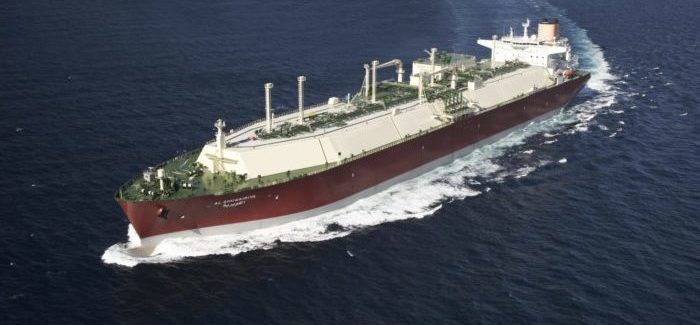Venezuelan oil firm PDVSA is negotiating with shipping firms to establish a second ship-to-ship (STS) operation off Venezuela’s eastern coast. This aims to increase struggling crude exports.
Earlier this year, there were reports about increased delays being experienced by vessels awaiting discharge at Puerto Cabello, Venezuela.
Vessels waiting berth had remained at anchorage for periods ranging from weeks to months. In the most extreme cases, more than three months of wait time has been reported.
Prolonged storage of cargo in a ship’s holds created by these delays increases the risk of cargo damage or loss.
What is more, Venezuelas’s crude exports were less by 21%, averaging 1.126 million barrels per day (bpd) between January and October. In addition, PDVSA’s contractual obligations totaled 2.19 million bpd.
That is why, PDVSA has decided on a new ship-to-ship operation. The STS will be placed near La Borracha island, approximately 16 km off Puerto La Cruz. The latter is one of Venezuela’s major coastal cities.
However, as Reuters stated, the company has not yet opted for a firm to take on the project. PDVSA is thinking, among others, a unit of Dubai-based Stalco Shipping Co.
The STS project aims to solve all the problems, stated above. That is why, the company will:
- Use a number of its biggest vessels, including Suezmaxes and very large crude carriers;
- Use a couple of tankers that will load oil through STS system, at the same time.
Yet, since sea-borne transfers are posing great threats to tankers and the environment, the company should maintain extra insurance, equipment and professional crew and masters to cope with difficulties. Under these circumstances, PDVSA has agreed to make its transfers from INEA, Venezuela’s water authority.
It is not obvious whether the PDVSA has been given, by the authorities, permission to start the operations in an area which is ecologically sensitive. Venezuela’s Ecosocialism ministry has not made any comments on this matter.
PDVSA’s customers would be responsible for paying STS fees to the operating company, the sources added, slightly changing a mechanism used for the STS operation off the Paraguana Refining Center, which requires clients to bring their own equipment.
Finally, PDVSA will require its customers to pay STS fees to the operating company. This a change of what is usually happening for STS operations off the Paraguana Refining Center.

































































